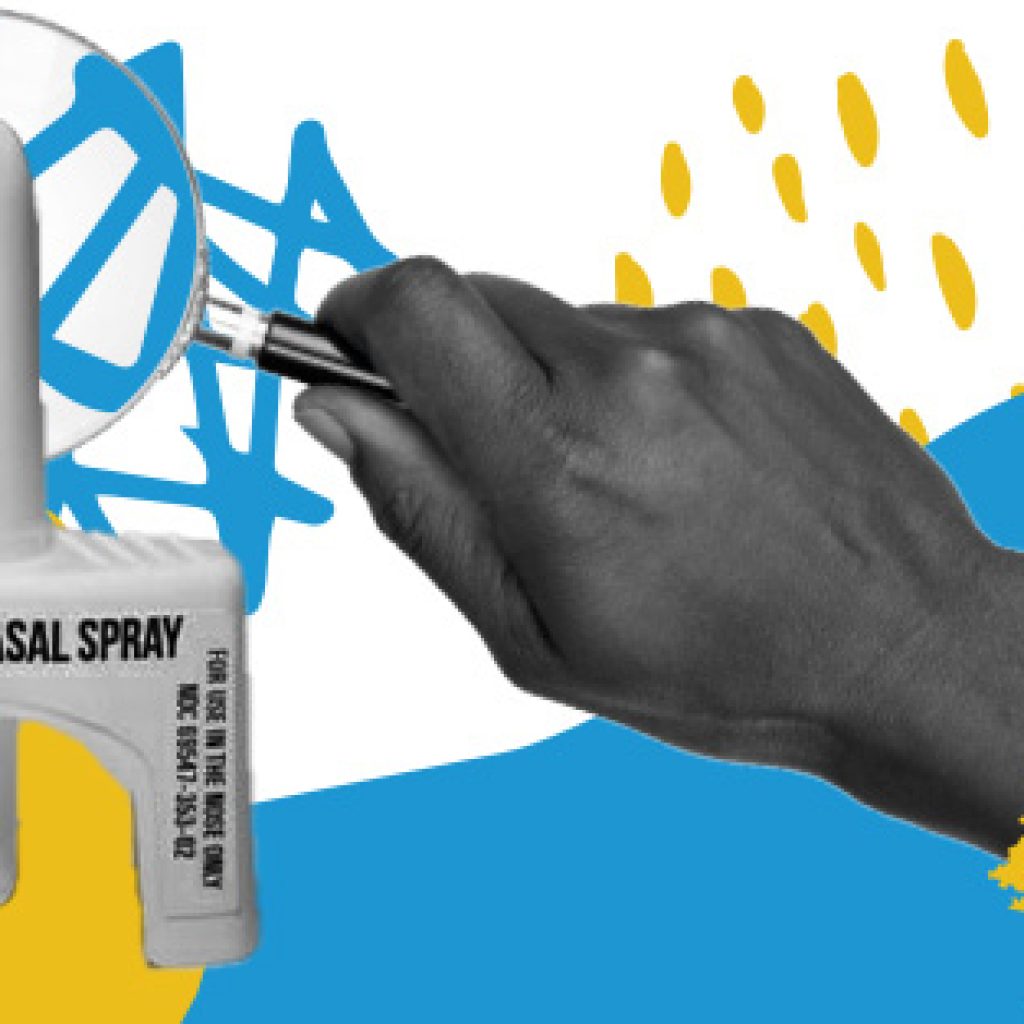Developing Your Cultural Competence: A New Training for Behavioral Health Professionals
Developing Your Cultural Competence: A New Training for Behavioral Health Professionals
“Strength lies in differences, not in similarities.” ~ Stephen R. Covey
“A nation’s culture resides in the hearts and in the soul of its people.” ~ Mahatma Gandhi
Cultural Competence
In the Catalyst blog post Cultural and Linguistic Competence: A resource Review for Behavioral Health Providers, cultural competence is defined as “having the capacity to function effectively, both individually and as an organization, within the context of the cultural beliefs, behaviors, and needs of a community or population group” (U.S. Department of Health and Human Services, Office of Minority Health). Program effectiveness is increased with cultural and linguistic competence. Culturally and linguistically appropriate services are respectful, responsive to the health beliefs, practices and needs of diverse patients. Tailoring services to an individual’s culture and language preference enables behavioral health professionals to bring about positive health outcomes for diverse populations. The National Standards for Culturally and Linguistically Appropriate Services in Health and Health Care (The National CLAS Standards) aim to improve health care quality and advance health equity through the establishment of a framework for organizations to serve increasingly diverse communities. Certain programs or organizations may have slightly different requirements in addition to following the CLAS Standards. One example is the Certified Community Behavioral Health Clinics (CCBHCs). According to the Substance Abuse and Mental Health Services Administration (SAMHSA), “CCBHCs must show cultural competence, especially when treating people with limited English proficiency (LEP), military service members, and veterans.” SAMHSA’s CCBHCs and Cultural Competence website states “CCBHCs provide services to the general public and therefore need to respect and respond to the cultural, linguistic, and other social and environmental needs of the individual.” Learn more about ensuring culturally competent services for:
The complete CCBHC certification criteria provides both the General Requirements of Cultural Competence and Cultural Competence: Training and Care. The Nevada Certified Community Behavioral Health Centers website of the Division of Public and Behavioral Health describes who is served by CCBHCs in Nevada, the types of services provided, and provides the locations of the seven current CCBHCs in Nevada. The website also gives information about payment for services, provider and program information, Nevada Medicaid CCBHC cost reports, and answers to frequently asked questions.
Why Is Cultural Competence So Important?
Cultural Competence is one piece of the complex Health Equity puzzle. Health equity means addressing inequalities based on income, race, sex, age, disability, or other differences in the human condition. Creating equal services means all services are the same for everyone, which is frequently not equal because needs are met differently for different populations. While programs, organizations, and agencies address health inequalities with policies and standards that recognize the variety of needs and ways of meeting them on the systems level, cultural competence helps providers to meet those needs in the clinical setting.
Two other important pieces of the Health Equity puzzle are stigma and implicit bias. Stigma is how a label, such as the term addict, can link a person to a set of undesirable characteristics that work to form a stereotype about a group of people with a substance use disorder. The resulting negative reaction leads members of society, including treatment providers and healthcare workers, to maintain distance from members of the group socially, professionally, discriminate, or even purposely harm them (Ashford, et al., 2018). For further explanation of this phenomenon read the Catalyst blog post What The Latest Research Says About Recovery, Stigma, And The Language We Use. Implicit bias is: “The attitudes or stereotypes that affect a person’s understanding, actions, and decisions in an unconscious manner. These biases, which include both favorable and unfavorable assessments, are activated involuntarily and without the person’s awareness or intentional control. Implicit biases are not accessible through introspection; they are also different from known biases that individuals may choose to conceal for the purposes of social and/or political correctness” (Kirwin Institute, 2015). Implicit bias can be reduced through self-awareness, acknowledgement of bias in our organizational cultures, climates, policies, and practices, and by learning about the concepts of prejudice, bias, microaggressions, and stereotypes.
Training for Cultural Competence
CASAT Learning has recently launched a self-paced, online course for those seeking professional development, Cultural Competency for Counselors & Professional Helpers. According to the description “This workshop will invite helpers to explore current best practices related to cultural competency and multicultural counseling. Workshop topics will focus on helping providers promote self-awareness, adhere to ethical standards of care, and enhance relationships and professional work with clients, supervisors, and supervisees.
Objectives:
- To identify terms of multicultural care and levels of cultural competency including cultural knowledge, cultural awareness, and cultural sensitivity.
- To explore conceptual frameworks for multicultural counseling.
- To identify multi-cultural activities/interventions that can be implemented in personal and professional practice (including online services).” The presenter will be Roberta Miranda, M.S., LCADC, CPC, ACS, NCC.”
Visit CASAT Learning for additional training opportunities. Even more training opportunities are listed in the Catalyst blog post Cultural and Linguistic Competence: A resource Review for Behavioral Health Providers and in other archived Catalyst blog posts mentioning cultural competence. Some of the titles include:
- Military Cultural Competence: An Overview and Resources for Serving Those Who Have Served in the Military
- Recognizing and Supporting the Unique Needs of Women in Treatment and Recovery: What Behavioral Health Providers Can Do
- Breaking Down Barriers to Treatment: Reaching Parity for Rural Clients with Co-occurring Substance Use Disorders and Serious Mental Illness
- Providing Male-Specific Substance Use Disorder Treatment: An Introductory Guide for Behavioral Health Provider
- Equitable Substance Use Disorder Treatment for LGBTQ Populations: Research, Tools, and Resources for Behavioral Health Providers
Investigate additional resources in the CASAT OnDemand Resources & Downloads page and our Learning Labs.
Help start the conversation about cultural competence, stigma, and implicit bias by sharing your knowledge, experiences, or resources in the comments section.
Additional Resources
Department of Health and Human Services (HHS)
- Clear Communication: Cultural Competency information from the National Institutes of Health (NIH)
- Cultural and Linguistic Competency e-Learning Program from the Office of Minority Health (OMH)
- Think Cultural Health e-Learning Program from OMH
Pacific Southwest (HHS Region 9) Mental Health Technology Transfer Center (MHTTC) Network:
Nevada Cultural Competency Resources
- Nevada Resources for Cultural Competency Training
- Nevada Aging & Disability Services Division (ADSD) Cultural Competence
Nevada National Alliance on Mental Health (NAMI)
References
Ashford, R. D., Brown, A. M., & Curtis, B. (2018). Systemic barriers in substance use disorder treatment: A prospective qualitative study of professionals in the field. Drug and Alcohol Dependence, 189, 62-69. doi: 10.1016/j.drugalcdep.2018.04.033 Retrieved 9.14.2018 from: https://www.ncbi.nlm.nih.gov/pubmed/29883870 .
Kirwan Institute. (2015). Champion of Children Report: Boys of Color, Boys at Risk. Retrieved from http://kirwaninstitute.osu.edu/wp-content/uploads/2015/06/UWO-023-ChampionOfChildrenReport.FALR3_.pdf
Blog Post Tags:
Related Blog Posts
Related Learning Labs
Related Resources
.
- Buscar Tratamiento de Calidad para Trastornos de uso de Sustancia (Finding Quality Treatment for Substance Use Disorders Spanish Version)
- Finding Quality Treatment for Substance Use Disorders
- Focus On Prevention: Strategies and Programs to Prevent Substance Use
- Monthly Variation in Substance Use Initiation Among Full-Time College Students
- The National Survey on Drug Use and Health (NSDUH) Report: Monthly Variation in Substance Use Initiation Among Adolescents








